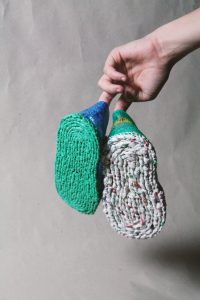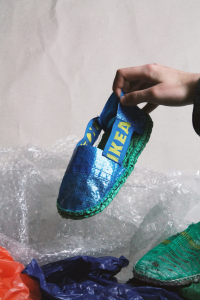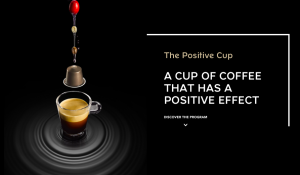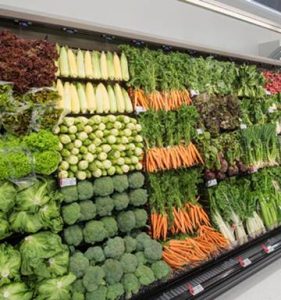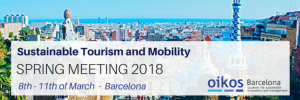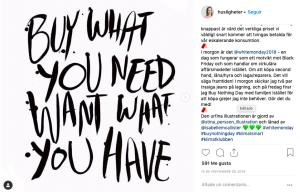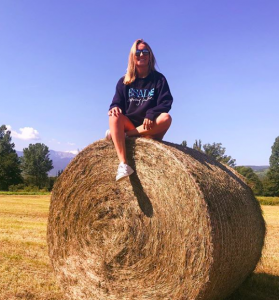Hey there! In this last post, I would like to share with you one of the most interesting initiatives I’ve ever seen. During my stay, here in Canada, I had the chance to meet another Exchange student who turned out to be from Barcelona and she was studying interior design in Richmond.
One day we were having an informal chat about sustainability and she told me that they have a lot of projects and courses related with this topic. She shared with me some of the projects that she had done during her degree and I’ve decided to share one of them with all of you in this post.
Let me introduce you to IKEA Shoes! My friend’s project consisted in creating a product 100% recycled. They produced several shoes basically made with the most famous plastic bag in the world: the FRAKTA bag. Moreover, shoe soles were made with reused ropes. I found it such an interesting initiative! Don’t you like them? I think they look really cool! Obviously, they don’t seem the most comfortable shoes ever and my friend concluded that these shoes could be too warm for your foot, especially in summer. However, I think that it is a great point to start and make people aware of the seriousness of the situation in which we are.
So, with this initiative, I want to ask you a question. As we discussed in class, I hope that in a future we won’t need to have “Sustainability” or “Ethics” classes, because this would mean that we would have progressed into a more conscious planet. However, meanwhile, do you think that all degree should have some courses related with sustainability? Or we just have to do it in Business degrees?
